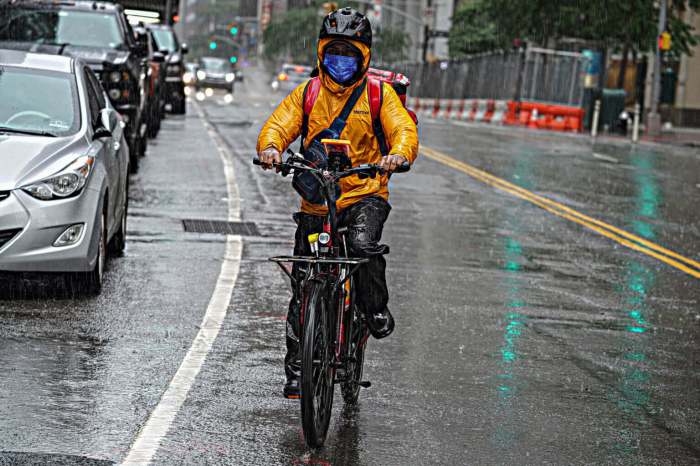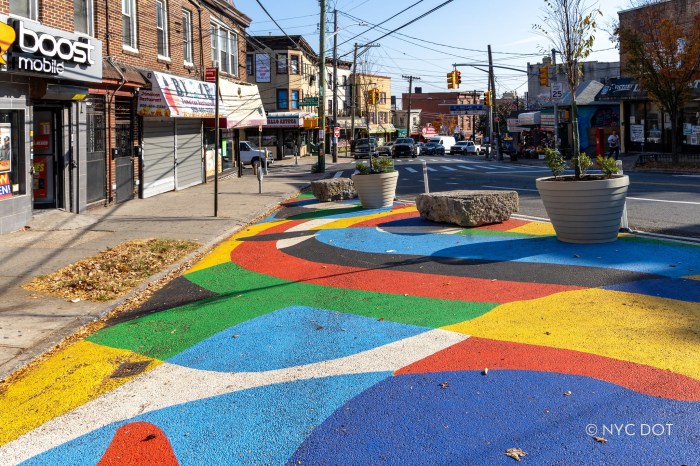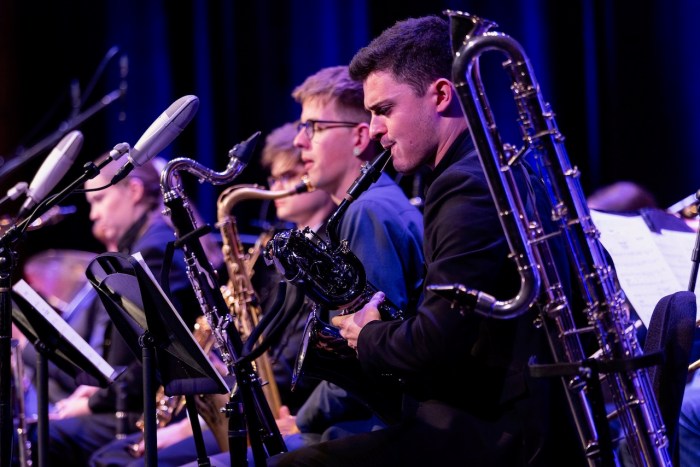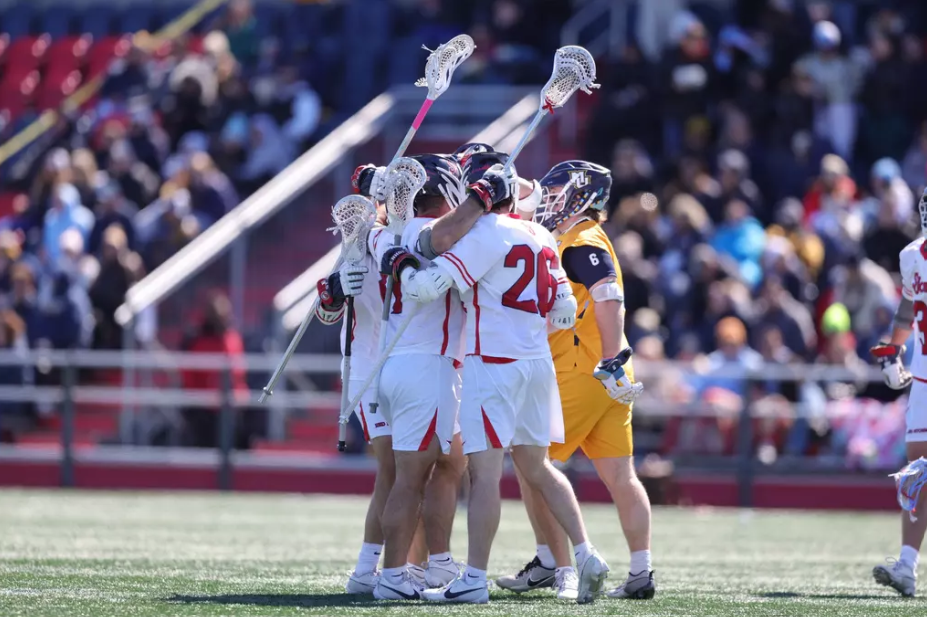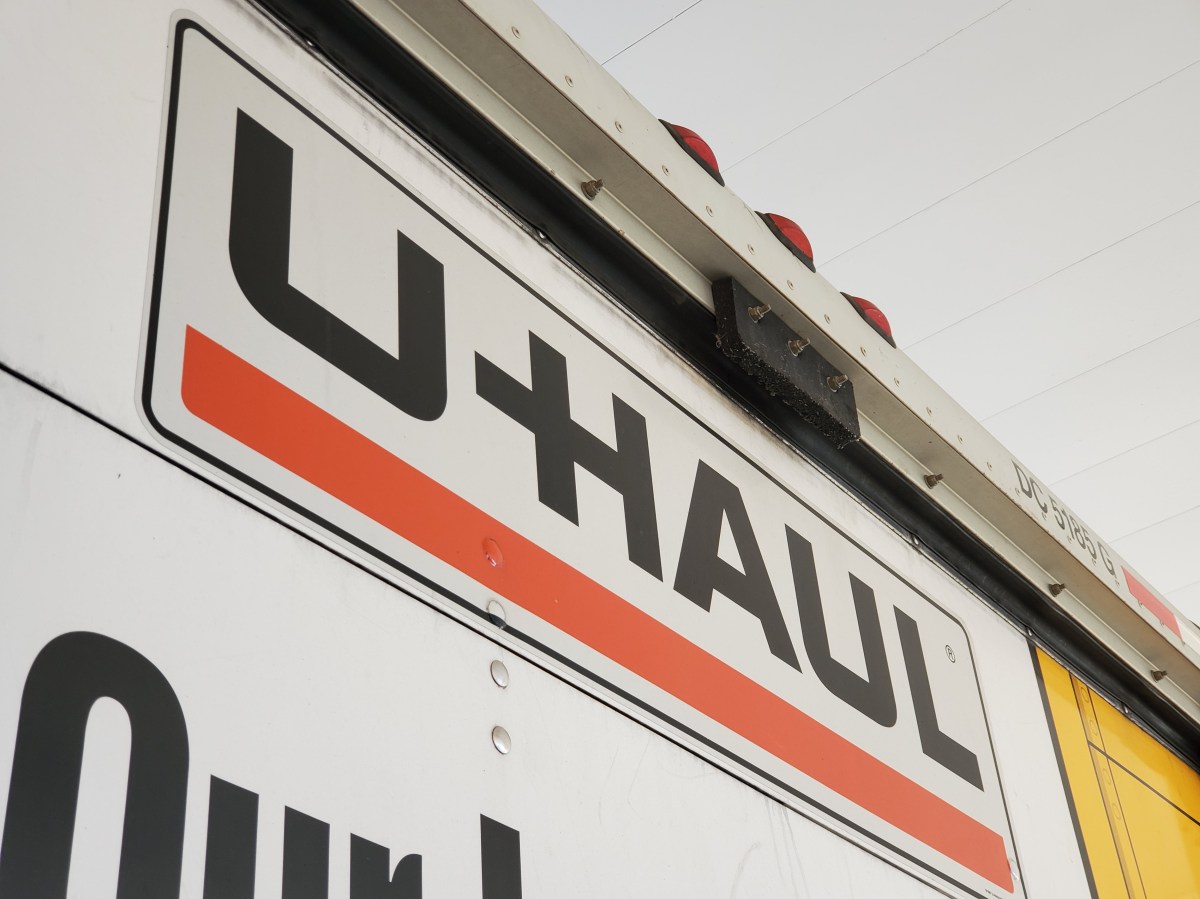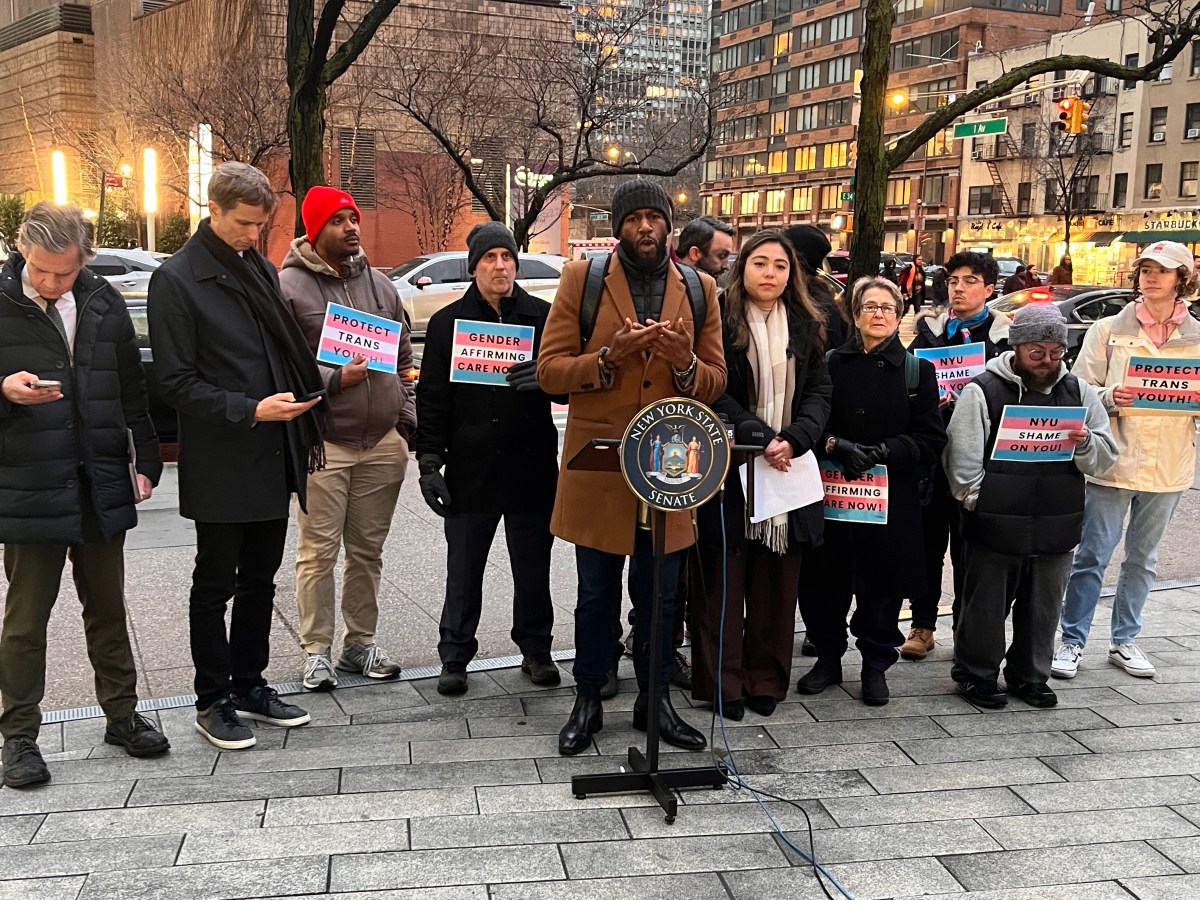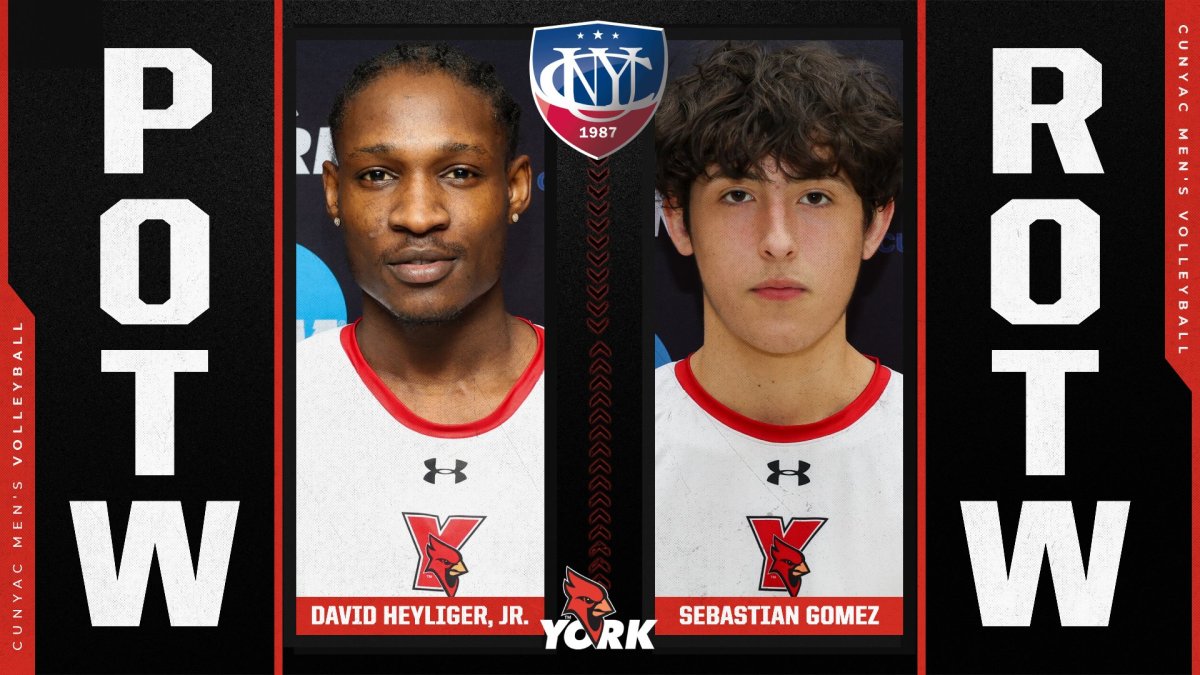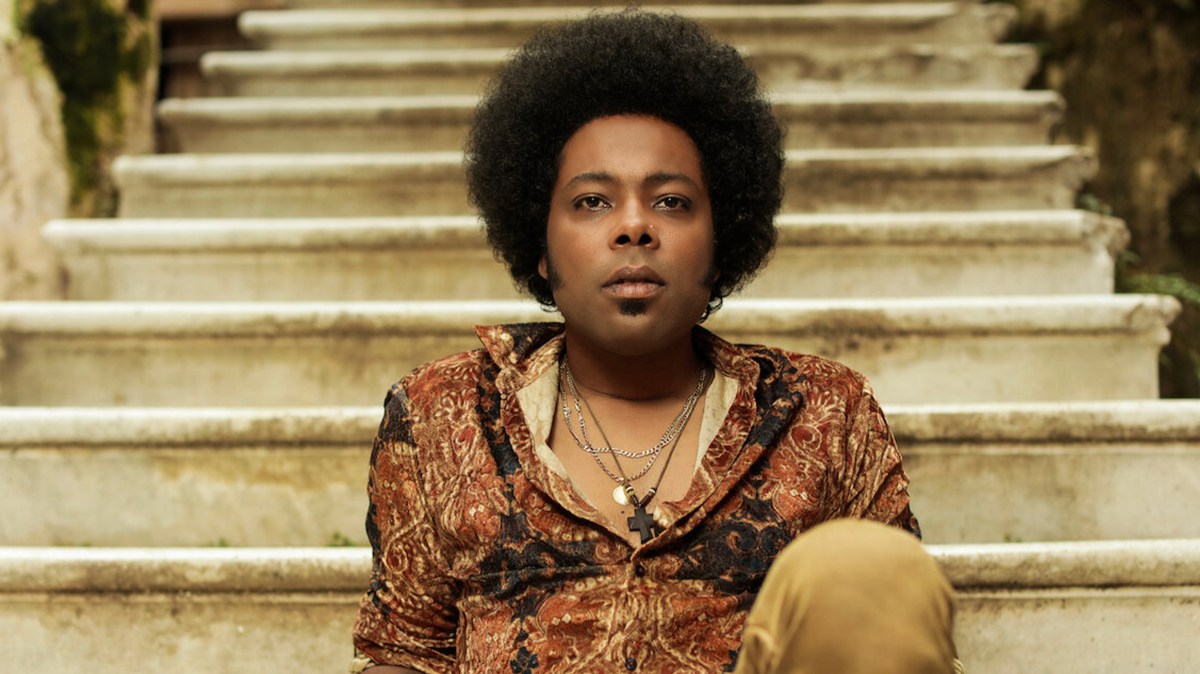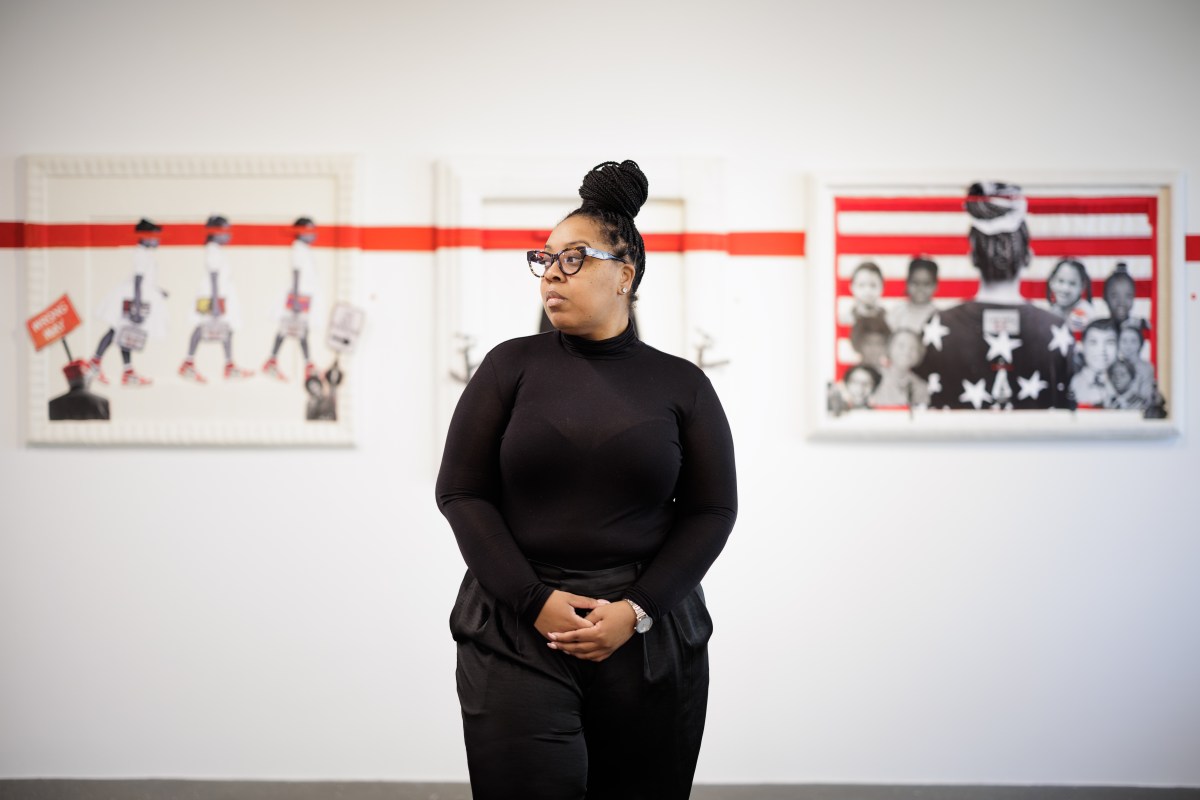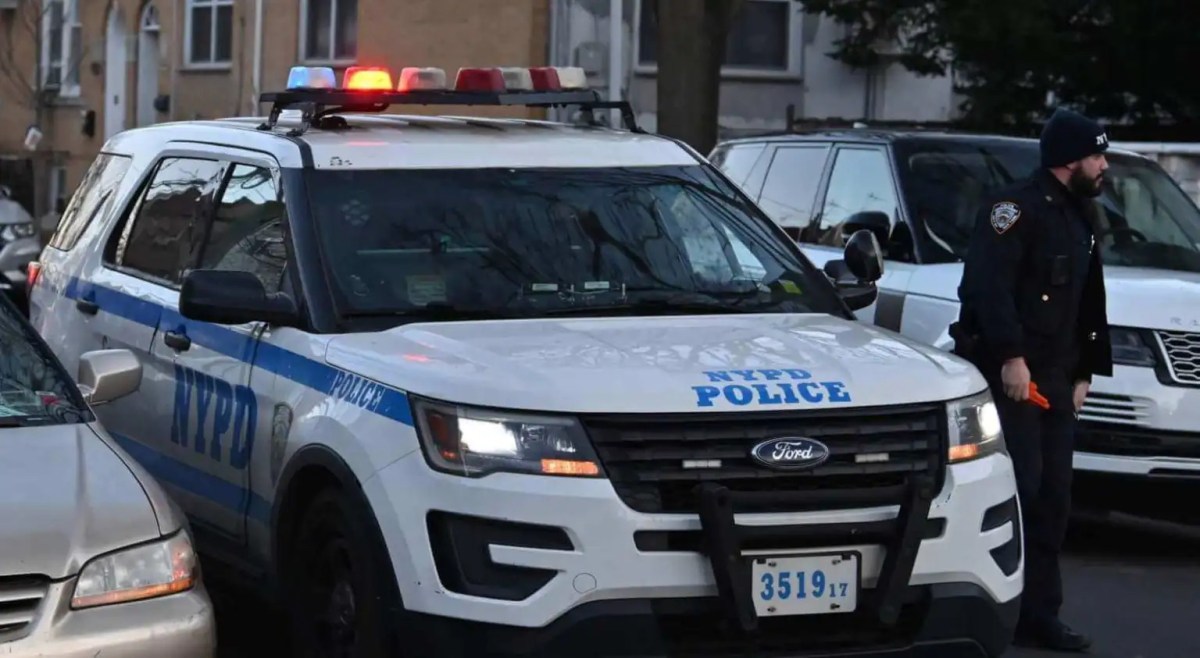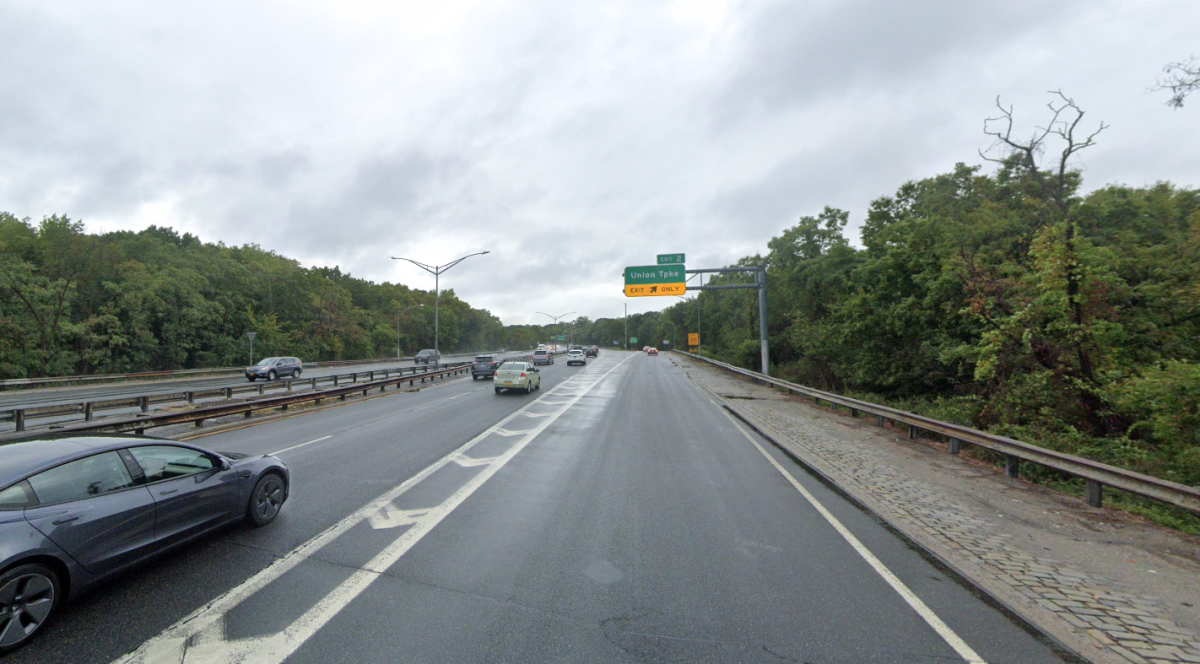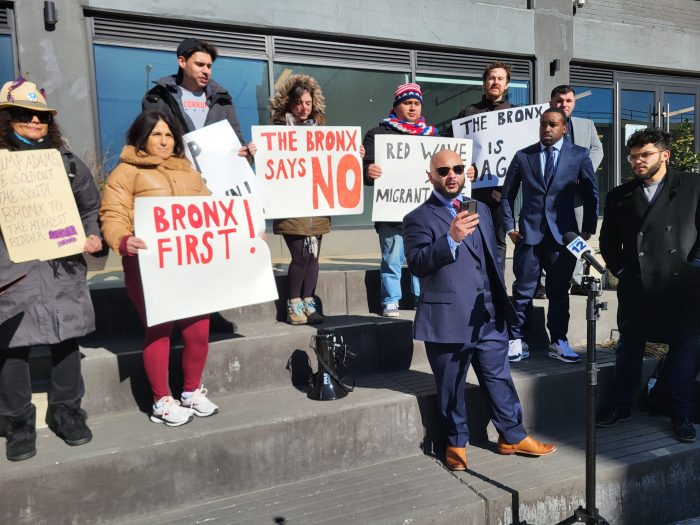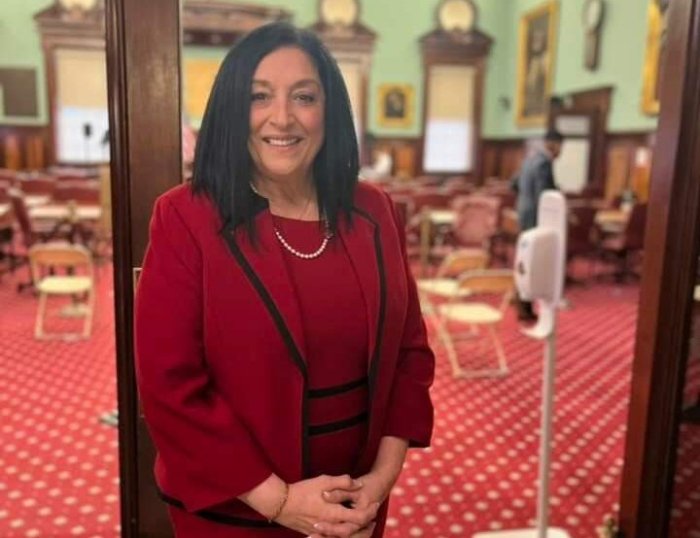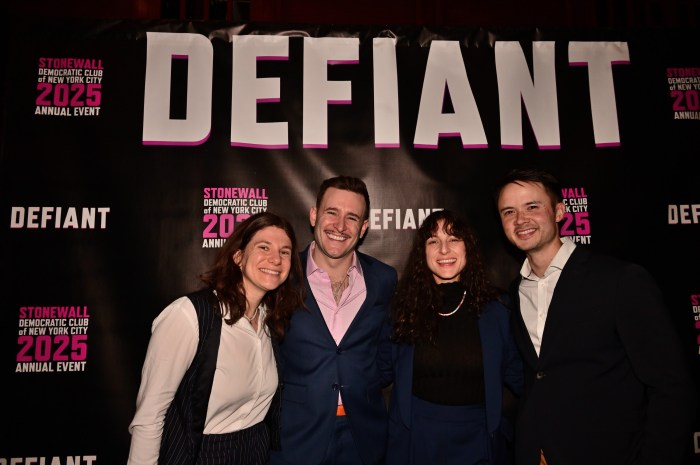The MTA board voted Wednesday to increase fares for the sixth time since 2008, but the base MetroCard swipe will remain at $2.75.
Under the hike, monthly MetroCards will increase from $116.50 to $121 and weeklies will rise by a buck to $32.
But the base MetroCard swipe well be preserved at $2.75 with significantly reduced purchasing bonuses. Riders will now only receive a 5% bonus with a $5.50 purchase. Currently, they receive an additional 11% when they add that amount to their cards.
For commuters who don’t use monthlies or weeklies, they’ll still pay more in the long run. Straphangers must pay for about 20 rides before they get a free $2.75 trip under the new fare.
Currently, straphangers get a free swipe after pumping roughly 10 trips worth of money on their cards.
MTA Chairman Tom Prendergast believes that the option will ultimately have the smallest impact on riders “at the lowest end of the economic strata” as well as Access-A-Ride users whose fares will stay put at $2.75.
“There are different levers you can move back and forth to generate the revenue you need to support the operating budget, fund the capital program and to try and determine how best you can spread and shoulder those impacts,” Prendergast said. “So for the last two fare increases, we raised the base fare. That certainly impacts the people at the lowest end of the economic strata and the people that are dependent upon paratransit.”
The new rates will take effect on March 19. Wednesday’s decision was the culmination of internal discussion and eight public hearings on two options — the other calling for a $3 base fare — that the MTA presented to the board in November of last year.
It also was a decision that came down to the wire, according to board members. The MTA had been leaning toward increasing base fares to $3 last week, but opted against doing so at the last minute. Board member Andrew Albert said he hadn’t learned of the MTA’s decision until he saw the document at his seat Wednesday morning.
It was the first time that had happened since he joined the board in 2002, he said, adding that the paratransit community had made a last-minute push against increasing Access-A-Ride fares from $2.75 to $3.
“But we should have dealt with (paratransit fares) separately and not penalized the vast majority of our riders who will now see their free rides go,” Albert said.
Regardless of the going rate of the single swipe, the hikes even out to a 4% increase in fares over the course of two years. The authority plans to raise rates again in 2019.
Both Mayor Bill de Blasio and Prendergast, who is retiring at the end of the month, have balked at funding a proposal for half-fare MetroCards for low-income New Yorkers. It’s an idea that would cost $200 million a year, according to estimates from advocates, but also one that has received a groundswell of support from elected officials.
Prendergast believes the responsibility lies with the city to fund such a program. But de Blasio excluded the funding in his preliminary budget released Tuesday, claiming that the city “can’t afford it” and that the state, which runs the agency, should step up.
Veronica Vanterpool, an MTA board member and executive director of the Tri-State Transportation Campaign, is hopeful that the mayor’s administration and City Council will ultimately budget for the program before the next increase.
“We need to find a way to protect the most vulnerable users of our system,” said Vanterpool. “We have two years to get this program in place.”
A spokesman for Manhattan Councilman Ydanis Rodriguez, chairman of the Council’s Transportation Committee, said Rodriguez would fight to include the funding needed for such a program in the Council’s preliminary budget response. Before the board vote on Wednesday, Rodriguez also urged the MTA to tap into new revenue streams — through the likes of real estate, advertising and the road tolling proposal Move New York — to avoid fare hikes in the future.
“We have to be more creative,” Rodriguez said, “on how to bring the revenue that we need without going every two or four years asking working class New Yorkers for another fare increase.”




